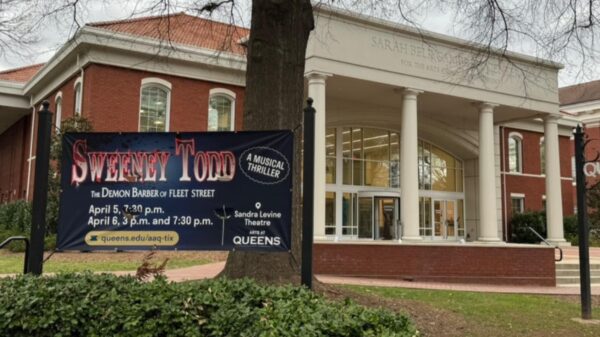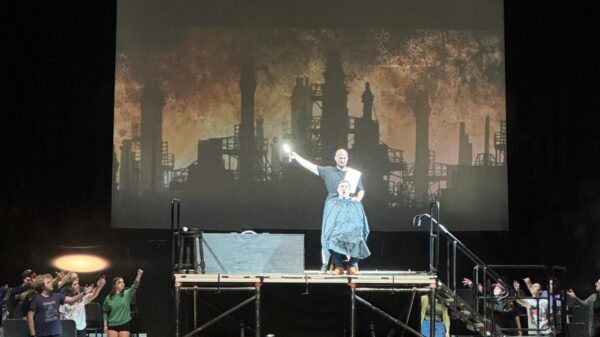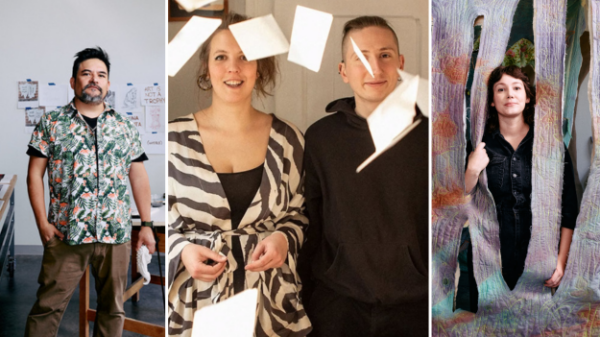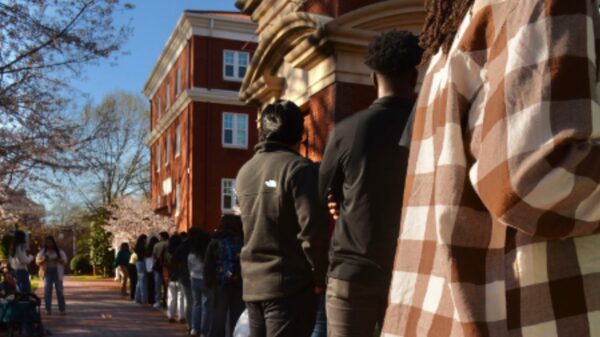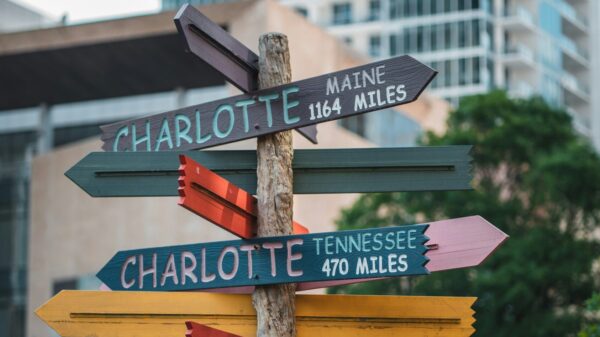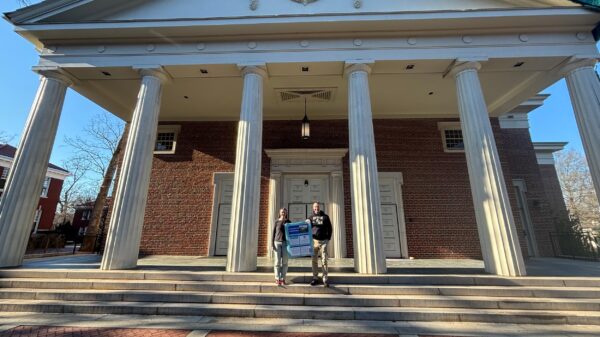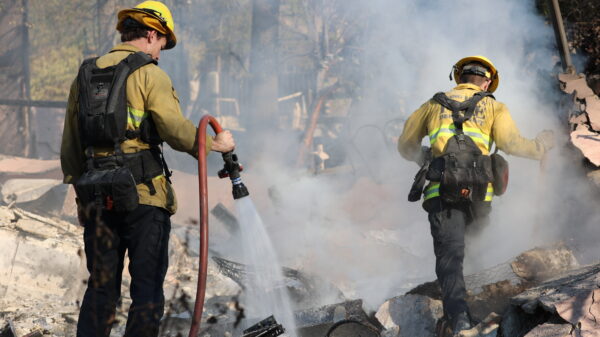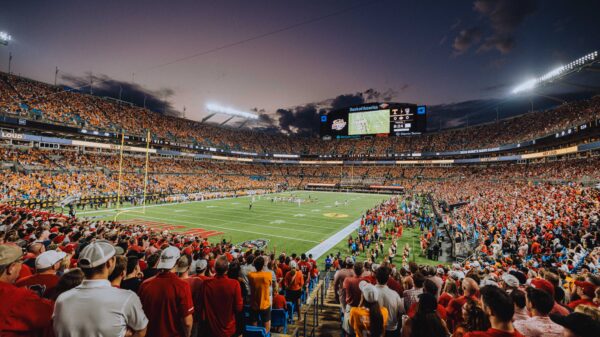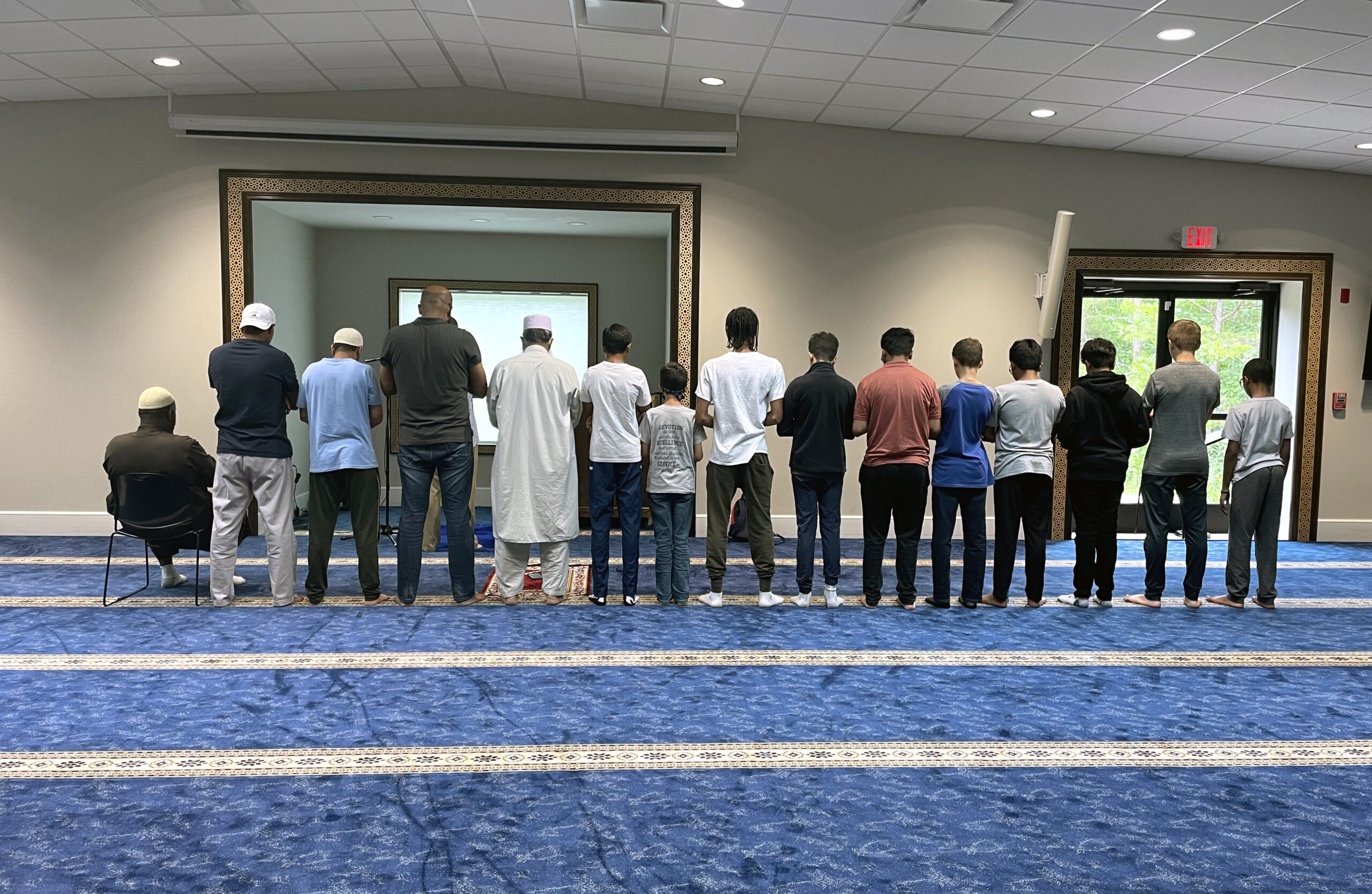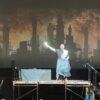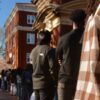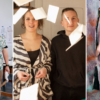It’s a confusing question for a teenager at the Muslim Community Center. What’s it like to celebrate the Islamic New Year?
“What is she talking about?,” Muhammad asked the boy next to him, who explained that the reporter was not asking about the celebration after Hajj, called Eid al-Adha, but about an event on Saturday, July 30.
Westerners celebrate New Year’s with nationally televised parties in Times Square, parades, champagne, football games. Muslims observe the Islamic New Year with communal prayer at local mosques and a sermon about a secret migration from Mecca to Medina.
It’s not really considered a celebration, Muhammad said.
Islamic New Year Is a Remembrance
The Islamic New Year commemorates the migration, also known as the Hijrah, of the Prophet Muhammad and companions from Mecca to Medina in 622 AD, after their persecution. The Hijrah is considered one the most important events in Islamic history.
“What’s amazing about it was that they were a group of 300 believers who were living in a city of 15,000,” said John Ederer, imam and director of the Muslim Community Center of Charlotte. “They went fleeing for their lives and after that, within 10 years, they’re the actual governing, ruling body of the entire Arabia.
“The Prophet Muhammad, peace be upon him, taught us that in terms of religion, as Muslims we only have two holidays,” Ederer said – Ramadan and Eid al-Adha. “We should not be innovating in religion, we should not be coming up with new festivals and new practices, new rituals and a new way of doing things.”
The Lunar Calendar
For the approximately 25,000 Muslims in Charlotte, observing the new year 1444 starts with prayers at sunset on Friday, July 29. Islamic New Year takes place in the summer during the next few years, but it can also occur in other seasons.
The new year is in the middle of summer because of the lunar calendar, which is based on the monthly cycles of the moon’s phases. Lunar months have either 29 or 30 days, marking an 11-day annual difference from a solar calendar.
“There’s not like this whole ‘waiting for the moment,’ like with the ball drops,” Ederer said. “It’s just a new day.” On the other hand, Ederer said, Eid al-Adha is a big deal celebrating the end of the Hajj pilgrimage. “It’s a massive, whole, entire three-day celebration type of thing. Everybody’s fully immersed in it, the whole family, the kids. Everything’s a big deal.”
Queens University News Service
-
Palmer Magri (Author)
Palmer Magri of Charlotte, North Carolina, is the former managing editor of the Queens University News Service. A multimedia storytelling major, Palmer is a 2024 magna cum laude graduate of the James L. Knight School of Communication. During her four years as an undergraduate, she reported, wrote, edited, produced video, and managed content for the news service.
View all posts


